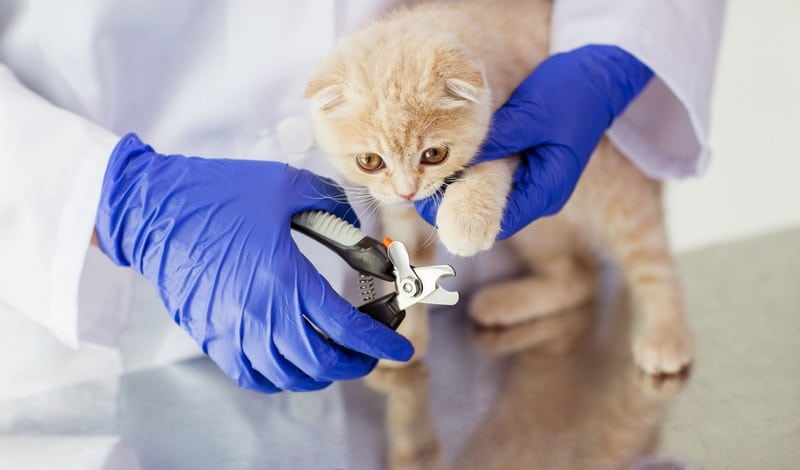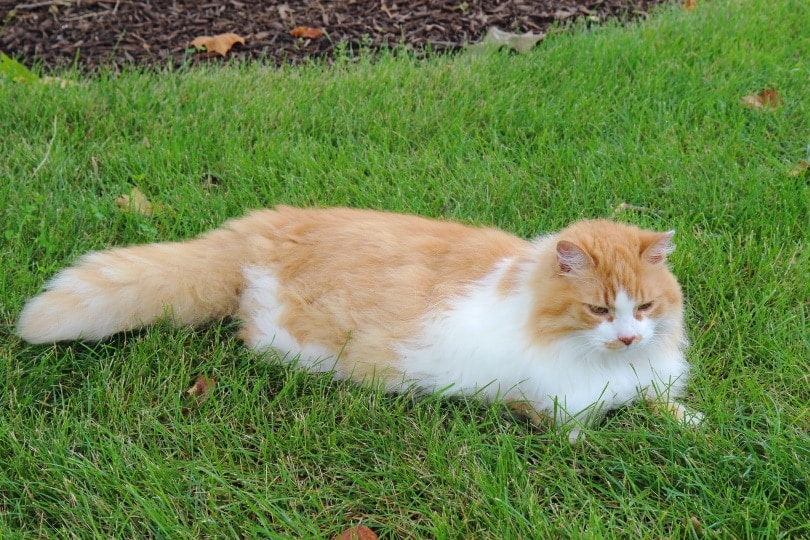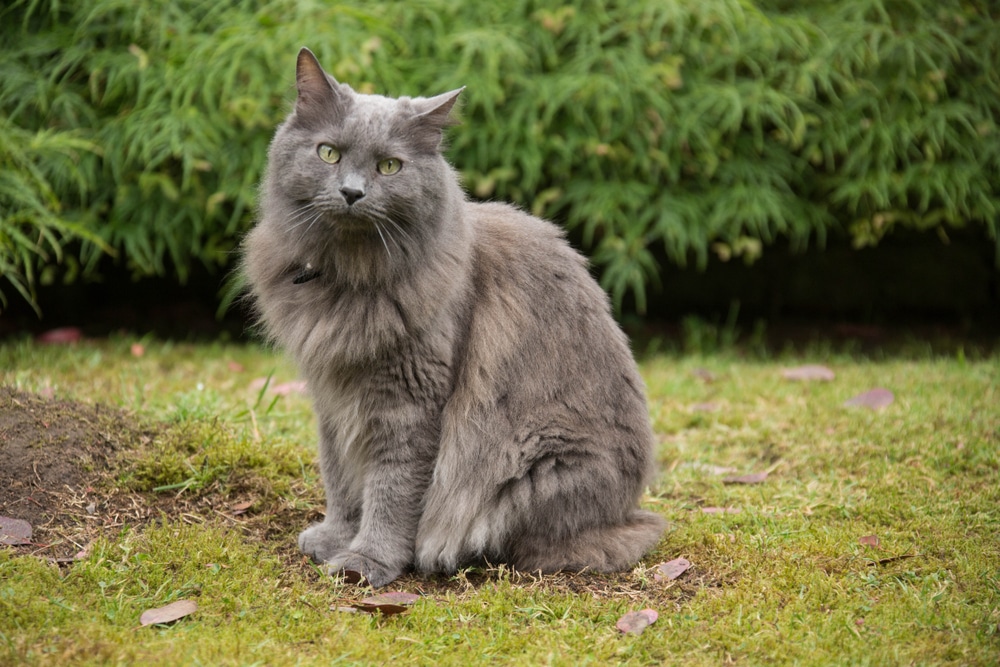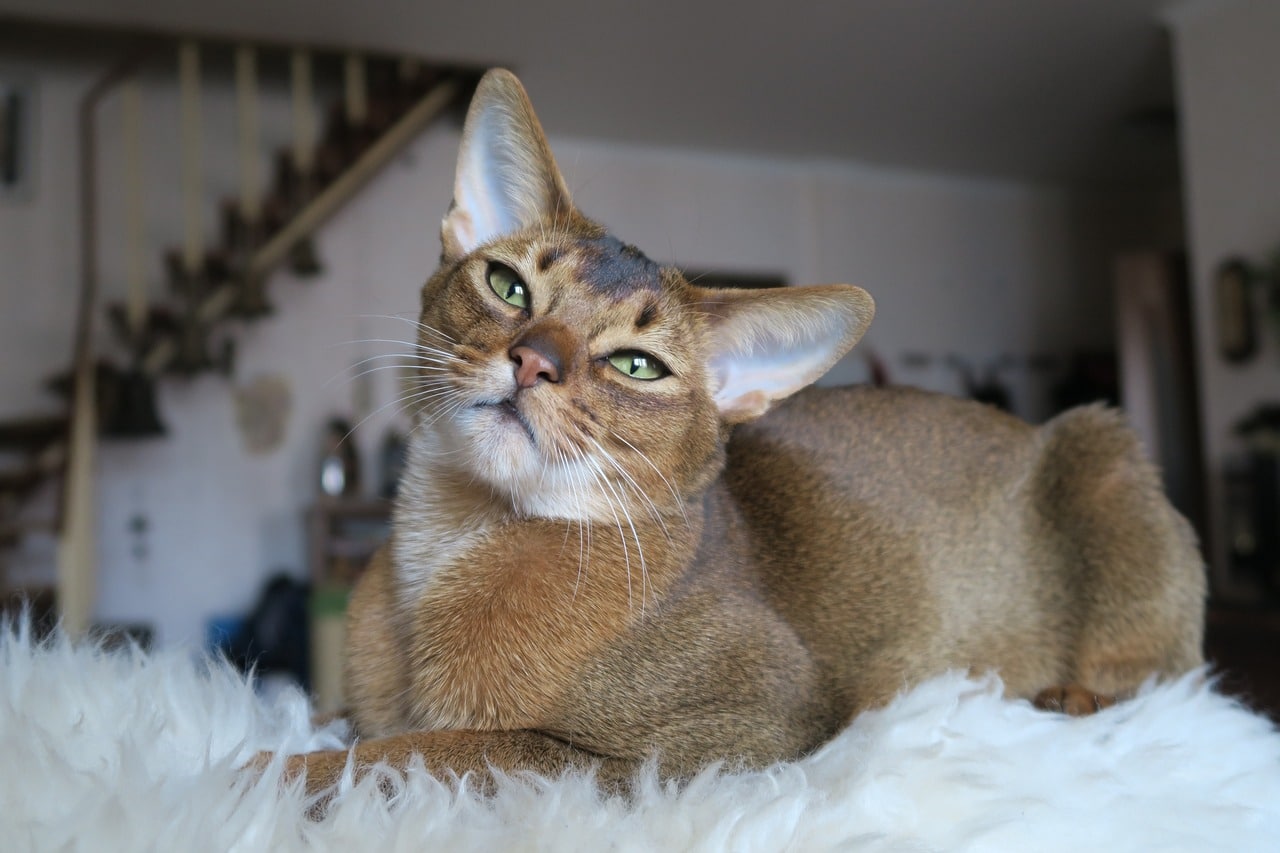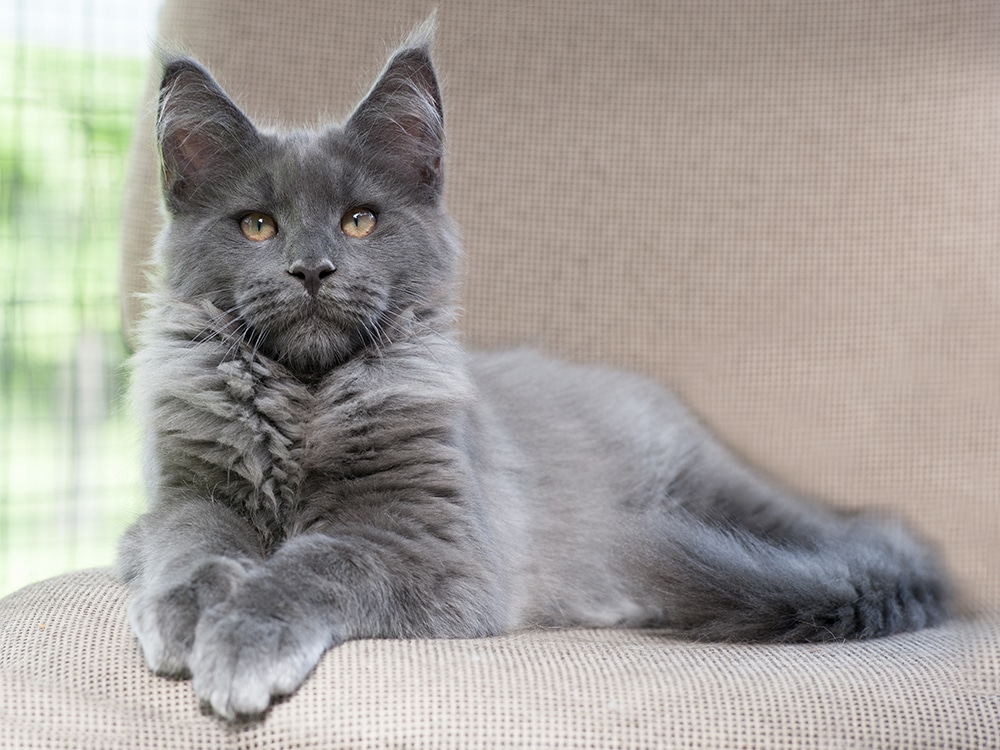Imagine this: your feline friend just can’t stop scratching, and it’s driving both of you up the wall. If your cat is dealing with incessant itching, hair loss, or even a rash, it might be experiencing an allergic reaction. These issues are pretty common, affecting about 10% of cats due to factors like fleas, food, or even plants. While chronic conditions should be seen by a vet, there are some natural remedies that might just do the trick at home.
One of the main culprits of itchy skin in cats is allergies to fleas. Taking charge of the flea situation is crucial. Using things like natural flea powders, flea combs, and keeping your living space clean can prevent an infestation and reduce your cat’s discomfort. Once the flea problem is under control, you can explore other remedies if the itching persists.
Oatmeal isn’t just for breakfast. A simple oatmeal soak can offer tremendous relief for your itchy cat. While they might not love the experience, they’ll appreciate the aftermath. The oatmeal, preferably ground to a fine powder, should be mixed with water to form a paste and applied for at least 10 minutes. This remedy is known for its anti-inflammatory properties, soothing and moisturizing your cat’s skin.
The benefits of an Epsom salt bath for cats stretch beyond itchy skin. Though your feline might resist, a short soak can help relieve skin irritations, muscle aches, and even flush toxins. The salt is absorbed through the skin, offering immediate relief. Just remember to keep your cat from sipping the bathwater!
If your cat’s skin feels dry or flaky, adding oils to its diet might help. Cats on a diet of primarily dry kibble might lack essential oils. A bit of fish or olive oil can make a difference. Moderation is key here, as too much oil can lead to weight gain, but a small amount in their food can lead to a shinier, healthier coat.
Never underestimate the power of regular brushing, particularly for long-haired cats. A simple brush can prevent knots and matting, which might cause dandruff or dry skin. Regular grooming goes a long way in keeping your cat’s coat and skin healthy, preventing those frustrating itches.
Acetic acid found in apple cider vinegar is another ally against itchy skin. But remember, dilute it before use! A safe mix is half a cup of vinegar to one cup of water. Apply with a spray bottle to ward off pathogens and bacteria, easing your cat’s itchiness.
Coconut oil is another excellent remedy in your kitty care arsenal. It not only soothes and moisturizes but also supports healthy fur growth. Rub the oil gently onto affected spots or even mix a teaspoon into their food daily. This dual approach offers both topical and nutritional benefits.
Plain, unsweetened yogurt isn’t just a tasty snack. It works wonders on an itchy patch of skin. Apply directly for cooling comfort or, if suitable for your cat’s diet, blend a little into their food. The beneficial bacteria will support digestion and help combat allergies or infections.
Then there’s baking soda—an unsung hero for itchy kitties. It has antifungal properties that offer relief. A paste made with water or mixed with coconut oil can be applied to itchy areas. Alternatively, a brief soak in a baking soda bath can be soothing, but make sure to rinse out thoroughly to prevent ingestion.
Test these remedies individually to pinpoint what helps your cat most. Each solution is preventative or soothing, never a replacement for professional veterinary advice.
These natural remedies might just be the key to soothing your cat’s itchy skin, but always keep their diet in check and consult a vet for persistent issues. Every cat is unique, and what works for one might not work for another, so patience and observation are vital. Try each remedy patiently, and hopefully, your cat will find the relief it needs.


